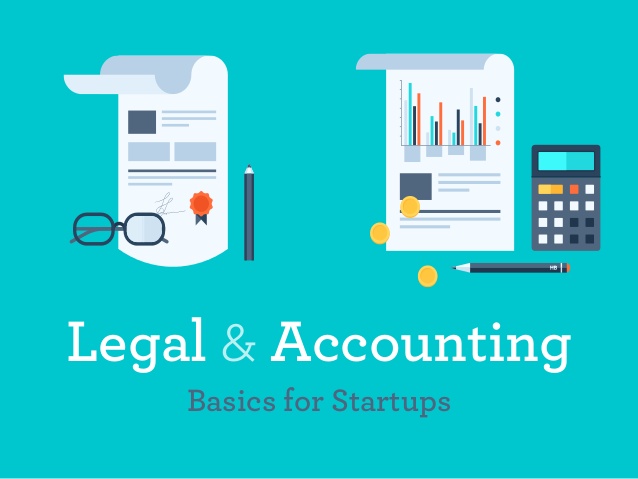Start-up Accounting 101

I’ve gotten into enough conversations with start-up founders to realize that one of the dreaded/confusing areas for most people would be how to get their heads around the financial aspects of the business. Yes, when you were dreaming up your start-up idea, the last thing that on your mind was oh this balance sheet is so sexy, I just love working through this spreadsheets (unless of course, you’re an accountant…).
[Disclaimer: I am by no means a financial expert, the closest I have to accounting experience is a three week accounting course I attended a couple of years back. Please do not attempt to sit for the accounting exams on the basis of the post; you will most definitely fail]
On this part of the planet, you do need to understand and talk a bit of finance even at seed stages to hold your own end of the conversation with an investor. While the more savvy start-up investor will tell you that a seed stage investment is basically a bet on the team, the other part of the equation is that you need to demonstrate that you’ve moved beyond being a basic techie and done some business/financial planning as well. Unfortunately, the standard way of communicating this information is through accounting speak. So here goes, if after this series, you are at least 50% less confused by a profit and loss account, I would mark that as success.
Accounting Basics
So what is accounting? Wikipedia dub says;
“Accounting is the measurement, processing and communication of financial information about economic entities”.
In English, this basically means accounting is how you communicate financial information about a business. The basic unit of financial information is a transaction. In double entry accounting (essentially the only form of accounting used today), every transaction must be captured in two places (hold that thought for a minute, we’ll definitely come back to it later). The major things to know are;
- Each transaction a business enters into affects the business’ financial position
- All transactions conducted by a business must be identified and quantified
- All transactions of a similar type must be grouped
- This information is then summarized to facilitate communication
- Accounting reports are the means for this communication
Okay, that doesn’t sound so hard does it, essential transactions are grouped and summarized and then these make their way into reports that are used to communicate financial information. So there are three major accounting reports;
- The Balance Sheet
- Income statement (Profit and Loss Accounts)
- Cash flow statement
Some financial wiz kids can analyze these three reports and in a few minutes they’ll know more about your business (at least the finance) than you.
The Accounting Equation
Before we dive in, let’s lay another piece of the foundation. Check out the illustration below;
Now take off your maths geek hat or else you’ll burn a hole in your brain trying to get this; all that this equation is trying to say is that all assets of a company are either financed by borrowing money or paying with the equity (contribution) of the company’s shareholders (At this point, I have a sneaky suspicion that a lot of people would want to start talking about valuations, but that’s a topic for another day).
In summary, Assets are pretty much what the company owns and uses to generate income, these could be cash, equipment, debts, inventory, land, buildings, etc.
Liabilities are amounts the company owes such as loans, accounts payable, interest payable, etc. finally equity is what the company’s shareholders put into the business.
So all assets have to be financed either from equity or some form of liability (it doesn’t fall from the sky and no your awesome technical abilities don’t count on the financials). One last thing, as business perform transactions, the balance of these three accounts will change, the left and right sides of the equation above will always be equal (Or else you just screwed something up).
Next post, I’ll talks a little more about how every transaction in a business has an impact on the eventual financial position of the company…
Photo Credits: Ycombinator

